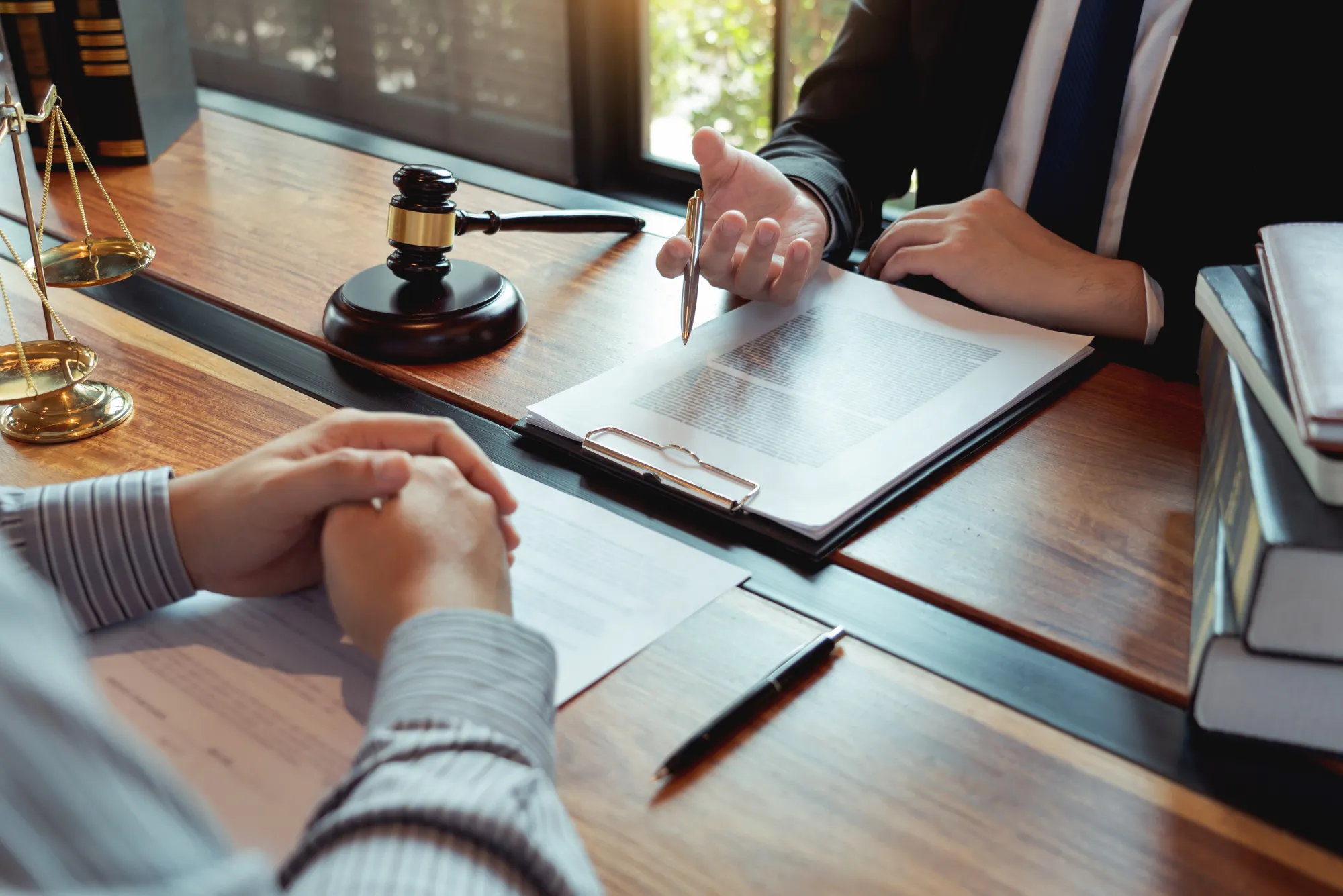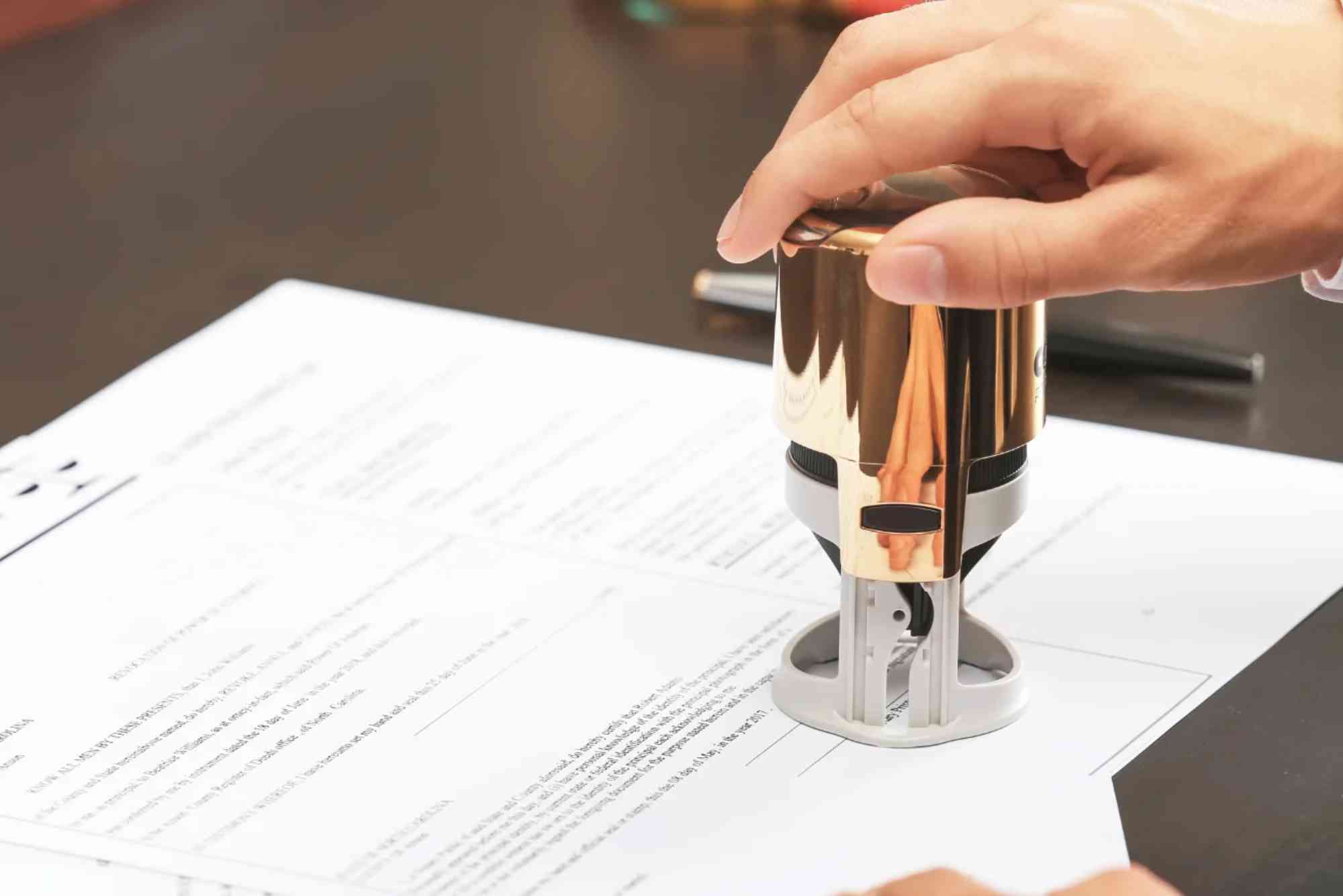When faced with criminal charges in Dubai, building a robust defense strategy is essential to protect one’s legal rights and achieve the best possible outcome. The criminal justice system in the UAE operates under a complex legal framework that combines elements of Sharia law and civil law, making criminal defense a highly specialized field. For employees and residents in Dubai, understanding how criminal lawyers in Dubai develop their defense strategies provides valuable insight into the legal process and the critical role these professionals play.
This article explores the systematic approach taken by criminal lawyers in Dubai to craft effective defense strategies, emphasizing the investigative, analytical, and procedural components that underpin their work. From the initial client consultation to courtroom representation, each phase contributes to mounting a defense that aims to challenge the prosecution’s case while safeguarding the defendant’s rights.
Understanding the Legal Context in Dubai
Before delving into the defense strategies, it is important to appreciate the legal environment in which these lawyers operate. The UAE’s penal code and criminal procedures incorporate local laws influenced by Islamic principles, alongside federal regulations. This dual framework requires defense lawyers to possess not only legal expertise but also cultural and procedural knowledge to navigate the system effectively.
Criminal cases in Dubai can range from minor offenses to serious felonies, including financial crimes, drug-related charges, and violent crimes. The penalties can be severe, involving fines, imprisonment, or deportation. Given the potential consequences, the role of criminal lawyers extends beyond mere representation; they must strategically evaluate every aspect of the case to protect their clients’ interests.
Initial Case Assessment and Client Consultation
The foundation of any strong defense strategy begins with a thorough case assessment. During the initial consultation, criminal lawyers in Dubai gather comprehensive information from the client about the alleged offense. This includes details of the incident, any evidence the prosecution may hold, witness accounts, and the client’s version of events.
This stage is critical for identifying weaknesses in the prosecution’s case and understanding the client’s legal position. Effective lawyers also advise clients on their rights, including the right to remain silent and the importance of cooperating only within legal bounds. This early guidance helps prevent unintentional self-incrimination and sets the tone for the defense approach.
Evidence Review and Legal Research
A meticulous review of all available evidence forms the backbone of the defense strategy. Lawyers analyze police reports, forensic findings, witness statements, and any physical or digital evidence presented by authorities. They assess the credibility, relevance, and legality of the evidence, looking for procedural errors or violations that may render some evidence inadmissible in court.
Alongside evidence analysis, criminal lawyers conduct in-depth legal research to identify applicable laws, precedents, and potential defenses relevant to the case. In Dubai, the nuances of criminal statutes, combined with local jurisprudence, mean that lawyers must remain updated on legal developments to craft arguments grounded in current law.
Investigation and Fact-Finding
To strengthen the defense, lawyers often engage in independent investigation to uncover facts that may have been overlooked or misrepresented by the prosecution. This may involve interviewing witnesses, obtaining expert opinions, or gathering additional documentation.
By uncovering discrepancies or alternative explanations, defense teams can challenge the prosecution’s narrative. This fact-finding mission not only provides critical information but also signals to the court a proactive and diligent defense effort, which can influence case outcomes.
Formulating Legal Defenses
Based on the evidence and investigation, criminal lawyers develop specific legal defenses tailored to the circumstances of the case. Common defenses include disputing the intent or mens rea behind the alleged crime, demonstrating mistaken identity, proving an alibi, or highlighting procedural errors during arrest or evidence collection.
In some instances, lawyers may argue that the defendant acted in self-defense or under duress, invoking legal principles recognized under UAE law. The selection and articulation of these defenses require precise legal reasoning and an understanding of how judges interpret and weigh different types of evidence.
Negotiating with Prosecutors
An often-underappreciated aspect of building a defense is negotiation. Experienced criminal lawyers in Dubai engage with prosecutors to explore options such as reducing charges, seeking alternative sentencing, or arranging plea bargains when appropriate.
While plea bargaining is less common in the UAE compared to other jurisdictions, negotiations can still influence case outcomes by clarifying charges or mitigating penalties. Lawyers advocate for their clients’ best interests while balancing the likelihood of trial success against potential risks.
Preparing for Trial
If a case proceeds to trial, preparation becomes paramount. Defense lawyers prepare detailed legal briefs, organize evidence, and rehearse witness examinations. They also develop courtroom strategies to effectively present their case before the judge.
In Dubai’s judicial system, the judge plays a central role in examining evidence and questioning witnesses, so lawyers must be adept at responding to judicial inquiries and adapting their arguments accordingly. Mastery of courtroom etiquette and procedural rules enhances the lawyer’s ability to advocate persuasively.
Protecting Client Rights Throughout the Process
Throughout every stage, protecting the defendant’s rights is a constant priority. Criminal lawyers ensure that their clients receive fair treatment in line with due process guarantees under UAE law. This includes monitoring for unlawful detention, ensuring access to consular assistance if the client is a foreign national, and advocating for transparent legal procedures.
By safeguarding these rights, lawyers uphold the integrity of the defense and prevent miscarriages of justice that could arise from procedural violations.
The Role of Cultural and Language Competence
Given Dubai’s diverse expatriate population, criminal lawyers often serve clients from various cultural and linguistic backgrounds. Effective communication is essential for building trust and understanding the client’s perspective.
Lawyers proficient in multiple languages and aware of cultural sensitivities can more accurately assess the client’s circumstances and tailor the defense strategy to address potential misunderstandings or biases that may affect the case.
Conclusion: The Strategic Art of Criminal Defense in Dubai
Building a strong defense strategy in Dubai’s criminal justice system requires a blend of legal expertise, investigative diligence, and strategic planning. Criminal lawyers in Dubai work methodically—from initial consultations through trial preparation—ensuring every angle is examined and every right protected.
Their approach involves critical evaluation of evidence, targeted legal defenses, and ongoing negotiation to achieve the most favorable outcomes possible for their clients. For employees and residents navigating criminal allegations, understanding these defense-building processes highlights the indispensable role these legal professionals play in upholding justice and fairness under the law.
By choosing defense lawyers who combine experience, knowledge, and cultural competence, individuals facing criminal charges in Dubai can confidently navigate the complexities of the legal system and secure a defense that is both strong and legally sound.




